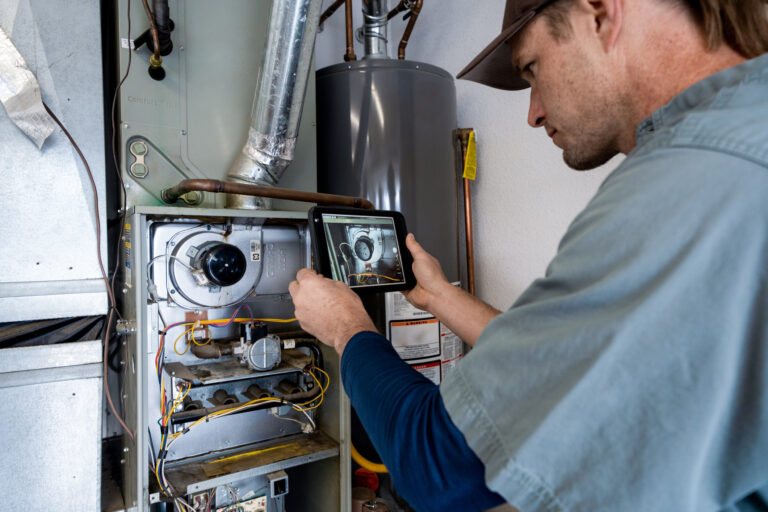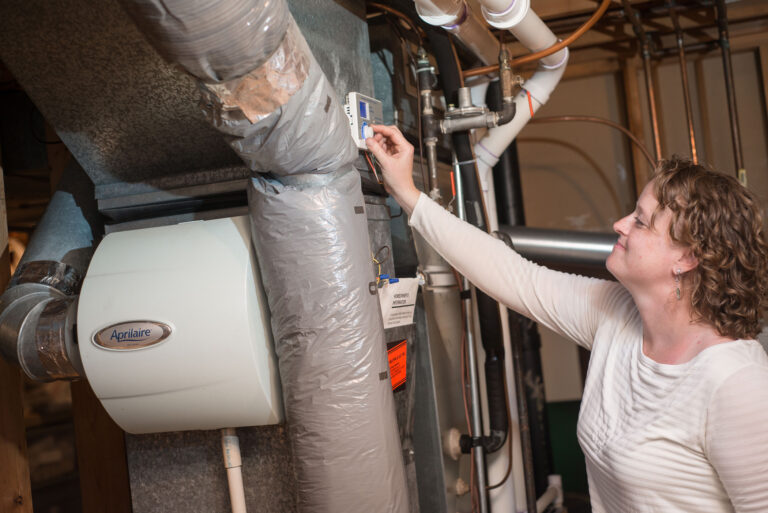When an HVAC system starts to go bump in the night, homeowners should be aware of common furnace noises and what they might mean. In general, an efficient, functional unit should be relatively quiet or have a low hum as it works. It could be age, damage, or worn-down parts causing an issue, which will be up to the HVAC tech to figure out. Your job: pay attention and listen if your furnace starts to talk to you.
Rattling
When parts are loose in the system, they start to knock around and sound like rattling from inside. The interior of your furnace is constantly moving, so it’s normal for some parts to loosen over time. Check the panel first to see if that’s the issue, and then turn off the unit until a tech can repair it to avoid more wear and tear.
Squealing
A high-pitched squeal or screech coming from your furnace typically signals an issue with the blower motor. The bearings around the parts dry over time and then make those noises without proper lubricant. It could also be a sign that a belt has broken, so you just need a tech to get inside and diagnose the issue.
Banging
While furnaces can make low banging or popping sounds while running, it’s concerning when they become louder and more frequent. When the ignition delays due to a clog or pressure issue, gas will build up in the combustion chamber and cause a small explosion. It’s important to hire experts when dealing with an issue with gas in your furnace.
Whistling
Sometimes it may sound like a furnace whistles, which can usually be fixed easily. This occurs when the blower motor has a low airflow issue, as in there’s not enough air being drawn in to be heated. Most of the time this can be fixed with a new, clean air filter, so try that first.
Clicking
When the ignition or heat exchanger struggles to run, you may hear a clicking sound throughout the heating cycle. Typically, this sound should only happen when the unit begins running.
Louder
You may find that the unit just sounds louder. You can hear it from different parts of the house that you couldn’t before, or the air sounds different when it’s coming through the vents. This could be a sign that your furnace is working harder than it needs to be. Have a technician check it out to be sure your home is balanced in air flow and there’s nothing clogging up your furnace or filter.
In general, it’s the silent noises that are often the most dangerous. A leaking furnace will spread carbon monoxide in the air, and you may not hear any kind of warning sounds. It’s important to check your carbon monoxide detector on a yearly basis so it can catch if this ever happens.
Binder Heating & Air Conditioning specializes in furnace repair, and we even offer an emergency on-call line when your HVAC goes out unexpectedly. Give us a call if you’re hearing any of these common furnace noises or want to schedule a tune-up before winter hits.





